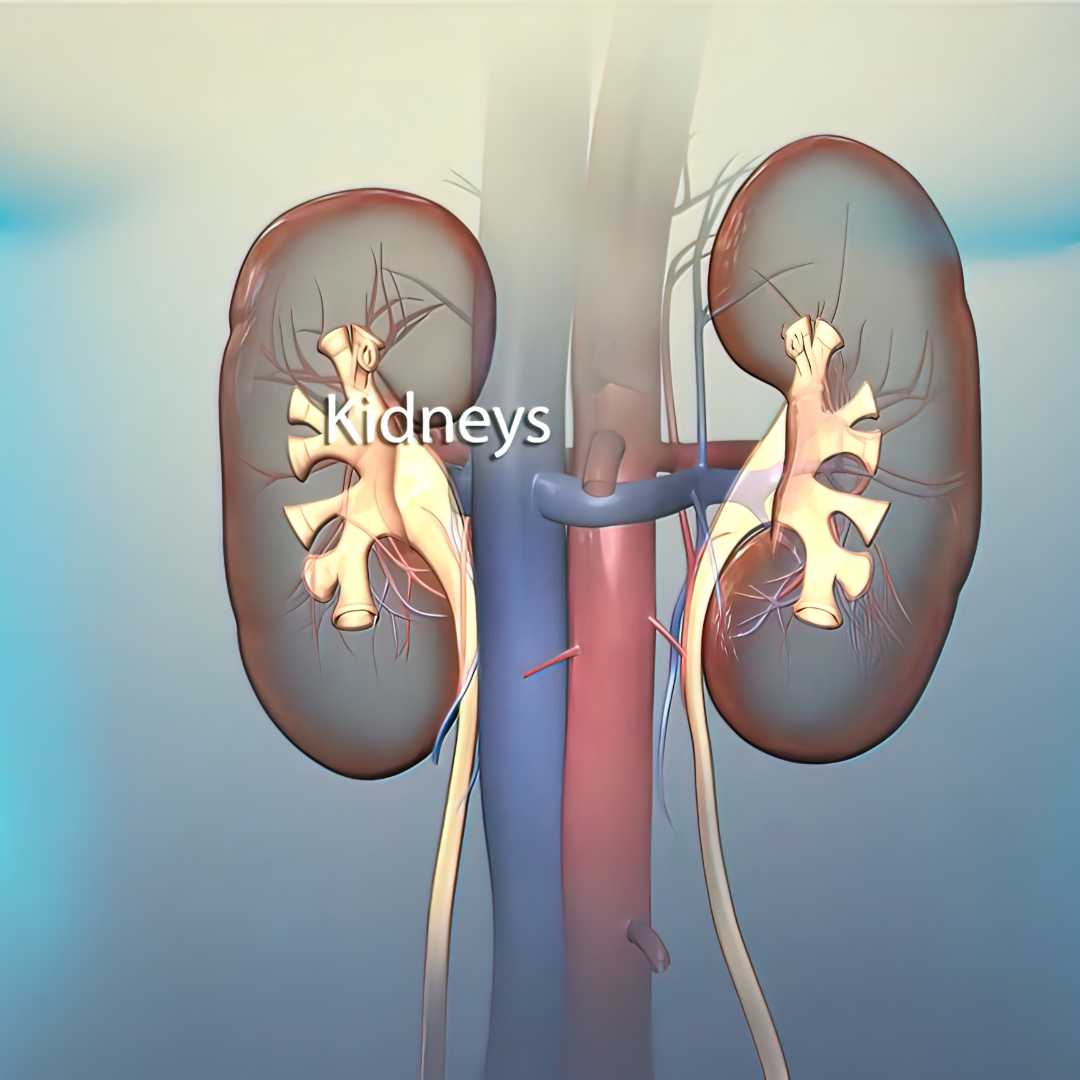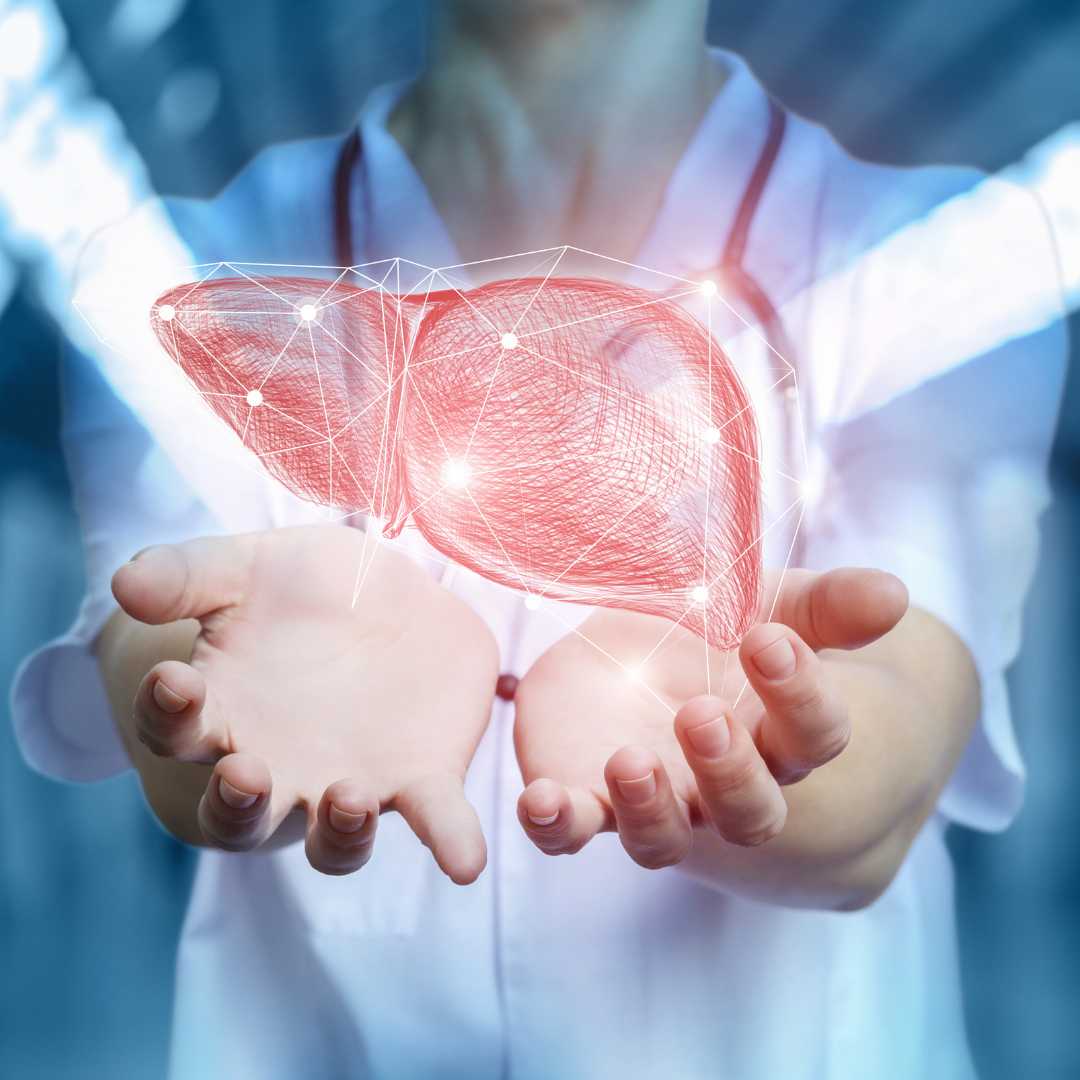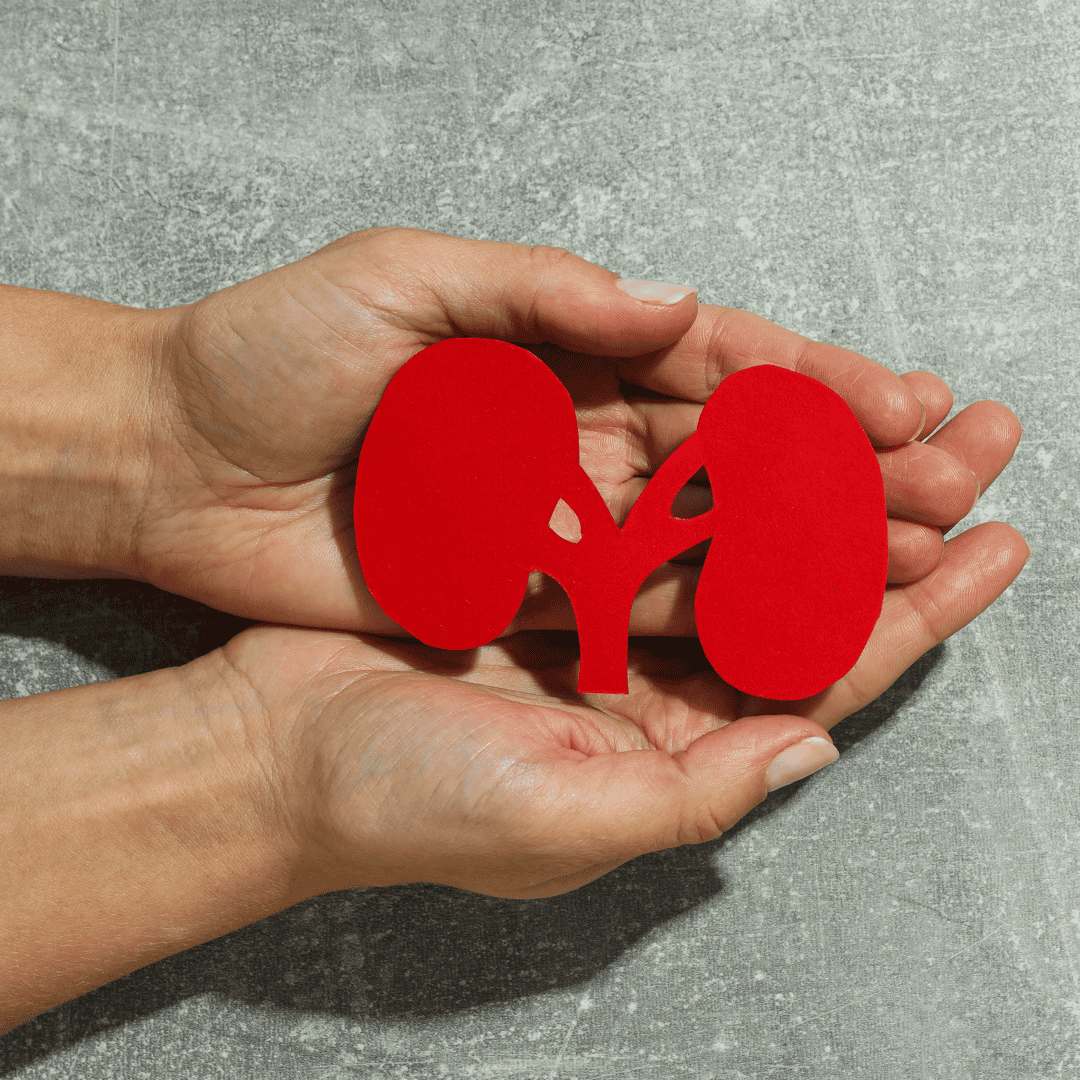
Your Second Chance - Navigating Organ Transplants Abroad
Facing end-stage organ failure can be one of life's most challenging experiences. For many, an organ transplant isn't just a treatment; it's a lifeline, offering a renewed chance at a healthy, fulfilling life. However, navigating the complexities of organ transplantation, including long wait lists, high costs, and access to specialized care, can be daunting. This is where medical tourism steps in, providing a viable pathway for patients seeking timely and affordable organ transplant solutions outside their home country.
An organ transplant procedure involves replacing a non-functioning or failing organ with a healthy one from a deceased or living donor. This advanced medical intervention can dramatically improve a patient's health and lifespan. If you're exploring options for an organ transplant, understanding the global landscape of medical care can open doors to new possibilities. Our guide will walk you through everything you need to know about pursuing an organ transplant through medical tourism, helping you make informed decisions for your health journey.
Why Consider Organ Transplant Abroad?
For many patients, the decision to look for an organ transplant internationally is driven by critical factors. One of the most pressing concerns in many developed countries is the extensive waiting list for organs. Patients can wait months or even years, during which time their condition may deteriorate. Medical tourism destinations often have shorter wait times due to different organ allocation systems, or a greater supply of living donors for certain organs, particularly kidneys.
Cost is another major motivator. The price of an organ transplant, including pre-operative assessments, the surgery itself, and post-operative care, can be astronomically high in countries like the United States. In contrast, many international hospitals offer the same high-quality care, often performed by internationally trained surgeons, at a fraction of the cost, making life-saving procedures accessible to more people. This cost efficiency doesn't necessarily mean a compromise on quality, but rather reflects different economic structures and healthcare expenditure models.
Furthermore, some countries specialize in particular types of transplants or have pioneering techniques that might not be widely available elsewhere. Traveling abroad can provide access to cutting-edge medical technology and world-renowned specialists, offering hope to patients with complex conditions or those who have exhausted local treatment options.
What Types of Organ Transplants Are Available Through Medical Tourism?
The field of organ transplantation is broad, covering a range of vital organs essential for life. Medical tourism facilities around the world are equipped to perform many of these complex procedures. The most commonly performed organ transplants include:
- Kidney Transplant: The most frequent organ transplant, often from living or deceased donors, for patients with end-stage renal disease. Many medical tourism destinations excel in this area due to the possibility of living related donation.
- Liver Transplant: Replacing a diseased liver due to conditions like cirrhosis, hepatitis, or cancer. Both living-donor (partial liver) and deceased-donor transplants are performed.
- Heart Transplant: A life-saving procedure for patients with severe heart failure that doesn't respond to other treatments.
- Lung Transplant: For individuals suffering from severe lung diseases such as cystic fibrosis, COPD, or pulmonary fibrosis. This can involve single or double lung transplants.
- Pancreas Transplant: Often performed in conjunction with a kidney transplant for patients with Type 1 diabetes and kidney failure, to restore insulin production.
- Cornea Transplant: While not an internal organ, corneal transplants are common procedures for vision restoration.
Each type of transplant has specific requirements for donor matching, surgical techniques, and post-operative care. Patients exploring medical tourism options should confirm that the chosen facility has proven expertise and experience with their specific transplant need. Facilities specializing in these complex procedures are typically found in countries with advanced medical infrastructure and high standards of care.
Who is Eligible for an Organ Transplant?
Becoming eligible for an organ transplant is a multi-faceted process designed to ensure the best possible outcome for the patient. Transplant centers conduct extensive evaluations to determine if a patient is medically suitable for the procedure. This involves assessing not only the severity of the organ failure but also the patient's overall health and ability to withstand major surgery and a lifetime of post-transplant care.
Key eligibility criteria typically include:
- End-Stage Organ Failure: The patient's native organ must be failing irreversibly, and other treatments must have been exhausted.
- Overall Health: Patients must be free of active infections, cancer, or other serious medical conditions that would make the surgery too risky or compromise the success of the transplant.
- Mental and Emotional Stability: The ability to understand and commit to a complex treatment plan, including lifelong medication adherence, is crucial. Psychological evaluations are often part of the process.
- Support System: A strong support network from family or friends is often required to help with recovery and ongoing care.
- Lifestyle Factors: Patients must be willing to adopt healthy lifestyle changes, such as quitting smoking or alcohol, if these factors contributed to their organ failure.
The evaluation process varies slightly by organ and by transplant center, but the goal remains the same: to ensure the patient has the best chance of a successful transplant and a healthy life afterwards. This thorough screening helps manage risks and optimize outcomes, whether at home or abroad.
How Does Organ Donor Matching Work?
Finding a suitable donor organ is perhaps the most critical step in the transplant journey. The matching process is highly scientific and rigorous, designed to minimize the risk of organ rejection by the recipient's immune system. The primary factors considered in donor matching include:
- Blood Type (ABO Compatibility): This is the most fundamental match, similar to blood transfusions. The donor and recipient must have compatible blood types.
- Tissue Type (HLA Matching): Human Leukocyte Antigen (HLA) markers are proteins found on the surface of most cells in the body. The closer the HLA match between donor and recipient, the lower the risk of rejection. This is particularly important for kidney and pancreas transplants.
- Organ Size: The donor organ must be an appropriate size for the recipient's body to fit properly and function effectively.
- Medical Urgency: For deceased donor organs, patients in the most critical condition often receive higher priority on waiting lists.
- Geographic Proximity: Organs have a limited viability outside the body, so proximity between donor and recipient is important for timely transplantation.
For living donor transplants, especially kidneys and partial livers, the donor is typically a relative or close friend who undergoes extensive screening to ensure they are healthy enough to donate. This significantly streamlines the matching process and often reduces wait times. International transplant centers adhere to strict ethical guidelines for donor selection, emphasizing voluntary and non-commercial donation, especially for living donors.
What is the Pre-Transplant Evaluation Process?
Before a patient can be placed on a transplant waiting list or undergo a living donor transplant, they must complete a thorough pre-transplant evaluation. This meticulous process ensures that the patient is physically and psychologically ready for the challenges of surgery and lifelong post-transplant care. The evaluation typically includes:
- Comprehensive Medical History and Physical Exam: To understand the patient's overall health status.
- Blood Tests: Including blood type, tissue typing (HLA), viral screenings (HIV, hepatitis), kidney and liver function tests, and complete blood count.
- Diagnostic Imaging: Such as X-rays, CT scans, MRI, ultrasound, or echocardiograms, to assess the condition of the failing organ and other vital structures.
- Cardiac Evaluation: Stress tests, angiograms, or other heart function tests to ensure the heart can withstand surgery.
- Cancer Screening: To rule out any active malignancies.
- Psychological Evaluation: To assess mental and emotional readiness, understanding of the procedure, and commitment to lifelong medication and follow-up.
- Nutritional Assessment: To address any dietary needs or deficiencies.
This extensive evaluation helps the transplant team identify any potential risks, optimize the patient's health before surgery, and develop a personalized treatment plan. When pursuing an organ transplant abroad, it's crucial that this evaluation is just as rigorous, often requiring patients to travel for initial consultations or send comprehensive medical records for review.
What Are the Risks and Complications of Organ Transplants?
While an organ transplant offers a new lease on life, it is a major surgical procedure with potential risks and complications. Patients considering an organ transplant, whether domestically or abroad, must be fully aware of these challenges. The primary risks include:
- Organ Rejection: The most common and significant complication. The recipient's immune system may identify the new organ as "foreign" and try to attack it. Lifelong immunosuppressant medications are necessary to prevent rejection.
- Infection: Immunosuppressants weaken the immune system, making recipients more susceptible to infections, including bacterial, viral, and fungal infections.
- Surgical Complications: As with any major surgery, risks include bleeding, blood clots, damage to surrounding tissues, and complications from anesthesia.
- Side Effects from Immunosuppressants: These medications can have various side effects, including kidney damage, high blood pressure, diabetes, osteoporosis, and an increased risk of certain cancers.
- Organ Failure: In some cases, the transplanted organ may not function properly or may fail over time, requiring further treatment or another transplant.
Despite these risks, medical advancements have significantly improved transplant success rates. Modern transplant centers, including many abroad, have highly skilled teams and robust protocols to manage and mitigate these complications. Patients are closely monitored before and after surgery to address any issues promptly, emphasizing the importance of choosing a reputable facility.
What Does Organ Transplant Recovery Involve?
Recovery after an organ transplant is a multi-stage process that requires significant commitment from the patient. It begins immediately after surgery and continues for the rest of their life. Understanding this journey is vital, especially when planning for care abroad:
- Initial Hospitalization: Patients typically spend several days to weeks in the hospital, often starting in the intensive care unit (ICU), for close monitoring of the new organ's function and management of pain and immediate complications.
- Intensive Post-Operative Care: Once discharged from the ICU, patients move to a regular ward where they begin rehabilitation, including physical therapy, and learn about their new medication regimen.
- Lifelong Medication: Adherence to immunosuppressant drugs is critical to prevent organ rejection. Patients must take these medications exactly as prescribed for the rest of their lives.
- Regular Follow-Up: Frequent clinic visits, blood tests, and imaging studies are necessary to monitor organ function, detect rejection early, and adjust medications. This can be a challenge for medical tourists once they return home, requiring coordination between their local doctor and the transplant center abroad.
- Lifestyle Adjustments: Patients are advised to adopt a healthy diet, engage in regular exercise, and avoid situations that increase the risk of infection.
The first year post-transplant is the most critical for monitoring and adjustment. Patients traveling abroad for a transplant should factor in an extended stay in the destination country for initial recovery and follow-up appointments before returning home. Planning for seamless transition of care back to their local healthcare providers is also essential.
How Does the Cost of Organ Transplant Vary Globally?
The financial aspect of an organ transplant is a major consideration for many patients. The cost can differ by hundreds of thousands of dollars depending on the country, the type of organ, and whether the donor is living or deceased. Here's a comparative overview:
Generally, Western countries like the United States, Canada, and Western European nations have the highest costs, often due to higher labor costs, advanced technology, and comprehensive insurance systems. Countries in Asia (like India, Thailand, South Korea), Latin America (like Mexico, Colombia), and Eastern Europe offer more competitive pricing while often maintaining high standards of care and using similar technologies.
| Organ Type | USA (Approx. USD) | India / Thailand (Approx. USD) | Mexico / Colombia (Approx. USD) |
|---|---|---|---|
| Kidney Transplant | $300,000 - $500,000 | $25,000 - $50,000 | $40,000 - $70,000 |
| Liver Transplant | $600,000 - $900,000 | $40,000 - $70,000 | $60,000 - $100,000 |
| Heart Transplant | $1,000,000 - $1,500,000+ | $60,000 - $100,000 | $80,000 - $120,000 |
| Lung Transplant | $800,000 - $1,200,000+ | $70,000 - $110,000 | $90,000 - $130,000 |
*Note: These are approximate costs and can vary based on the specific hospital, surgeon's fees, complexity of the case, length of stay, pre- and post-operative care, and medication. They typically include the hospital stay, surgeon fees, and initial post-op medications but may not cover travel, accommodation, or long-term follow-up.
The significant price difference makes medical tourism an attractive option for uninsured or underinsured patients, or those facing high deductibles and co-pays in their home countries. However, it's crucial to obtain a detailed quote that covers all aspects of care when planning an international transplant.
Which Countries Are Leading Destinations for Organ Transplant Medical Tourism?
Several countries have emerged as prominent destinations for patients seeking organ transplants through medical tourism. These nations combine excellent medical infrastructure with cost-effectiveness and often shorter wait times, particularly for living donor transplants. Some of the most recognized include:
- India: Renowned for its large number of JCI-accredited hospitals, highly skilled surgeons, and significantly lower costs. India is a major hub for kidney and liver transplants.
- Thailand: Offers world-class private hospitals, often with luxurious amenities, and experienced medical professionals, particularly for kidney and liver transplants.
- South Korea: Known for its advanced medical technology, innovative surgical techniques, and high success rates, especially in liver transplantation.
- Turkey: An increasingly popular destination, offering modern hospitals, skilled surgeons, and competitive pricing, with a focus on kidney and liver transplants.
- Mexico: Benefits from geographical proximity for North American patients, providing affordable, high-quality care in state-of-the-art facilities, particularly for kidney transplants.
When selecting a destination, it's essential to research specific hospitals and their transplant programs, looking for certifications (like JCI), success rates, and the experience of their transplant teams. Consulting with medical tourism facilitators like PlacidWay can help navigate these choices and ensure ethical compliance.
What Are the Ethical and Legal Considerations for Organ Transplant Abroad?
The sensitive nature of organ transplantation raises significant ethical and legal concerns, especially in the context of international travel. It is absolutely crucial for patients to ensure that any organ transplant obtained abroad adheres to the highest ethical standards and is legally compliant in both the destination country and their home country.
Key considerations include:
- Prevention of Organ Trafficking: The illegal trade of human organs is a grave concern. Reputable medical tourism providers and hospitals strictly adhere to international conventions against organ trafficking, ensuring that all donations are voluntary and non-commercial.
- Voluntary Donation: For living donor transplants, it must be confirmed that the donor is acting voluntarily, without coercion, and is not being compensated beyond legitimate expenses (e.g., travel, lost wages).
- Informed Consent: Both donor and recipient must give fully informed consent, understanding all risks, benefits, and alternatives.
- Legal Frameworks: Different countries have varying laws regarding organ donation and transplantation. Patients must be aware of and comply with these laws. Some countries prohibit foreigners from receiving organs from their national deceased donor pool.
- Post-Transplant Follow-Up: Ensuring continuity of care and the ability to access necessary medications and monitoring once back home is a legal and practical consideration.
Working with an experienced medical tourism facilitator can help patients verify the legitimacy and ethical practices of international transplant programs, safeguarding against involvement in illicit activities and ensuring peace of mind.
How to Choose a Reputable Clinic or Hospital Overseas?
Selecting the right international hospital or clinic for an organ transplant is paramount to a successful outcome. This decision should not be rushed and requires thorough due diligence. Here’s what to look for:
- International Accreditations: Look for hospitals accredited by recognized international bodies such as the Joint Commission International (JCI). This indicates adherence to rigorous quality and safety standards.
- Specialization and Experience: Choose a center that specializes in the specific type of organ transplant you need and has a high volume of successful procedures. Inquire about the experience and qualifications of the transplant surgeons and the entire medical team.
- Success Rates and Outcomes: Ask for data on their transplant success rates, patient survival rates, and complication rates. Compare these with international benchmarks.
- Ethical Practices: Ensure the hospital has clear, transparent, and ethical policies regarding organ donation, especially for living donors, to avoid any involvement in illegal organ trade.
- Comprehensive Care: Verify that the facility offers complete pre-operative evaluation, the transplant surgery itself, and robust post-operative care, including long-term follow-up protocols.
- Language and Communication: Ensure there are staff available who can communicate effectively in your language to avoid misunderstandings during critical medical discussions.
- Patient Testimonials and Reviews: Seek out testimonials or connect with former patients who have undergone transplants at the facility.
A reputable medical tourism facilitator can play a crucial role here, providing vetted options, coordinating communication, and helping you gather the necessary information to make an informed decision.
What is the Step-by-Step Process for Arranging an International Organ Transplant?
Planning an organ transplant abroad can seem overwhelming, but breaking it down into manageable steps can help. Here’s a typical process:
- Initial Inquiry & Consultation: Contact a medical tourism facilitator like PlacidWay or directly reach out to international transplant centers. Provide your medical history and current condition for an initial assessment.
- Medical Records Submission: Gather all relevant medical records, including diagnostic tests, doctor's reports, and treatment history. These will be reviewed by the international medical team to determine preliminary eligibility.
- Comprehensive Evaluation & Treatment Plan: If deemed a potential candidate, you may be asked to travel for a full pre-transplant evaluation, or the center may accept an evaluation performed in your home country. A detailed treatment plan and cost estimate will be provided.
- Donor Sourcing & Matching (if applicable): For living donor transplants, the donor will undergo their own rigorous evaluation. For deceased donor transplants (less common for international patients), the hospital will outline its specific protocols.
- Travel & Accommodation Arrangements: Coordinate travel logistics, including visas, flights, and long-term accommodation for both the patient and accompanying family/caregivers, as a significant post-operative stay is usually required.
- The Transplant Procedure: Undergo the surgery, followed by a period in the ICU and then a regular hospital ward for initial recovery.
- Post-Operative Recovery & Rehabilitation: Engage in physical therapy and receive education on medication management and self-care.
- Return Home & Long-Term Follow-up: Once medically cleared, return to your home country. Crucially, establish a plan for lifelong follow-up care with your local medical team, ensuring they receive all necessary information from the overseas transplant center.
Throughout this journey, having a dedicated medical tourism partner can greatly simplify the process, ensuring smooth coordination and support at every stage.
Take the Next Step with PlacidWay
Ready to explore life-changing organ transplant options without the long waits or prohibitive costs? PlacidWay is your trusted partner in navigating the world of medical tourism. We connect you with top-tier international hospitals and highly experienced transplant specialists, ensuring ethical practices and exceptional care.
Let us help you find the right clinic, compare prices, and arrange a seamless medical journey for your organ transplant. Your second chance at life could be closer than you think. Start your personalized consultation today!





.png)




Share this listing